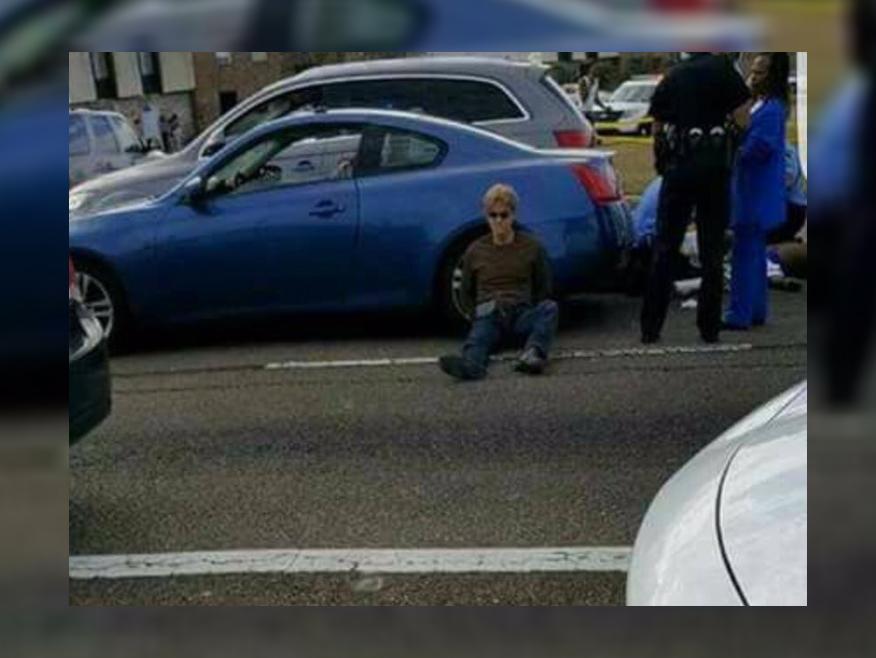Joe McKnight: Man who shot ex-NFL running back released without charges in 'mind-boggling miscarriage of justice'
State and local NAACP chapters decried the decision to not arrest Ronald Gasser as authorities conduct their investigation

The man who admitted to shooting and killing former NFL running back Joe McKnight has been released from police custody without charges, while authorities continue their investigation of the case.
Thursday afternoon, Gasser allegedly shot McKnight at an intersection in Terrytown, Louisiana, just outside of New Orleans. Early accounts from a witness said Gasser stood over McKnight as he shot him, but local authorities said that those accounts appear to be false, according to authorities.
Ronald Gasser, 54, remained at the scene of the apparent road rage confrontation before turning himself into the Jefferson Parish sheriffs. But Gasser was freed overnight after questioning. No arrest had been made.
Sheriff Newell Normand urged the public to not “rush to judgment” following criticism of Gasser’s release amongst former teammates and supporters of McKnight’s, as well as civil rights advocates calling for justice.
“This investigation is not going to be moved, influenced, coerced, or changed in any way by any external force, comments or otherwise,” Mr Normand told reporters. “I can’t control what’s on the social networks, and if we want to continue to be silly, that’s fine.”
Members of a local NAACP chapter held a demonstration outside of the Sheriff’s office to protest the release of Gasser, who they say should still be in jail.
“He was in jail, and he should’ve stayed in jail,” one protester told ABC affiliate WGNO. “We know that if a black man had done that to a white man, he would be in jail.”
President of the Louisiana state NAACP told The Independent that he found the circumstances to be “mind-boggling”.
“This just appears to be atrocious that someone can kill somebody can kill somebody and not even be arrested,” Mr Johnson said. “Killing somebody is a crime and I think it’s a total miscarriage of justice of the law enforcement officer to release this guy.”
He continued: “The sheriff made the decision that this guy should not be charged – which is up to the prosecutor – and that he’s innocent – which is up to a jury.”
Sheriff Normand said that authorities will not investigate McKnight’s killing as a hate crime.
“Everybody wants to make this about race,” he said. “This isn’t about race.”
However, Mr Johnson expressed concerns of an apparent double standard amongst law enforcement, a remnant of the United States’ racist past, reflected in Gasser’s release.
“I’m of the opinion that Dred Scott still exists, and under the Dred Scott case, in essence, the black man has no rights,” Mr Johnson said, referring to the 1857 Supreme Court decision that declared all people of African ancestry – including both freed and enslaved – could not be US citizens and therefore could not sue.
“And whenever I see these white on black killings, there’s certainly a difference between white killing black and black killing white.”
Bookmark popover
Removed from bookmarks